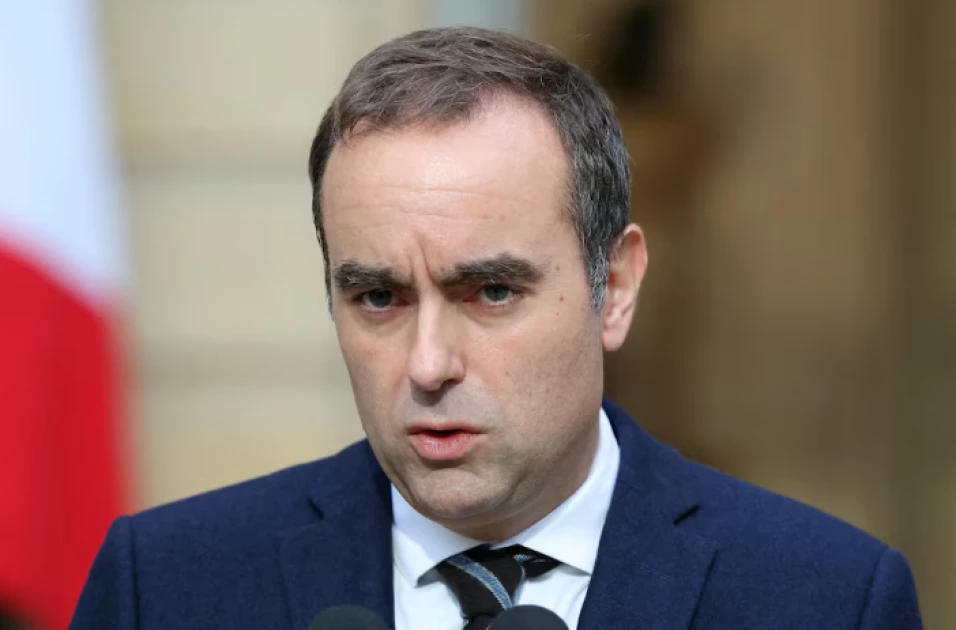France has been thrown into fresh political turmoil after Prime Minister Sébastien Lecornu resigned on Monday morning, less than a day after unveiling his new cabinet. Lecornu’s departure comes just 26 days after he was appointed to replace François Bayrou, whose government collapsed amid parliamentary tensions.
In a brief but pointed statement, Lecornu said, “The conditions were not fulfilled for me to carry on as prime minister,” highlighting the deep divisions within France’s political landscape. He also criticised political parties for their “unwillingness to reach compromises,” suggesting that the fractured parliament made it impossible for him to govern effectively.
The Elysée Palace confirmed Lecornu’s resignation shortly after he met President Emmanuel Macron for an hour-long discussion on Monday morning. The move reportedly caught much of the political establishment by surprise, especially since Lecornu’s cabinet largely mirrored that of his predecessor.
Opposition parties across the National Assembly had already voiced strong disapproval of Lecornu’s ministerial appointments, threatening to block the government’s program in a confidence vote. This mounting pressure appears to have forced his hand.
The resignation has intensified calls for snap elections, with far-right leader Marine Le Pen accusing President Macron of plunging the country into crisis. “The joke’s gone on long enough. French people are fed up. Macron has put the country in an extremely difficult position,” Le Pen declared, urging immediate elections.
Despite growing discontent, Macron has maintained that he will not step down before his term ends in 2027. However, with the government in disarray and no clear path forward, France faces yet another period of political uncertainty — one that could reshape its leadership and future direction.

